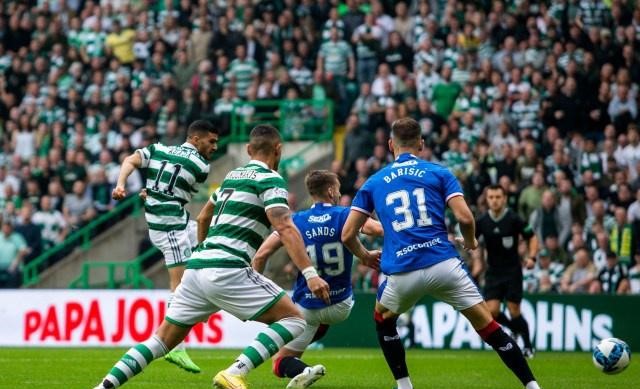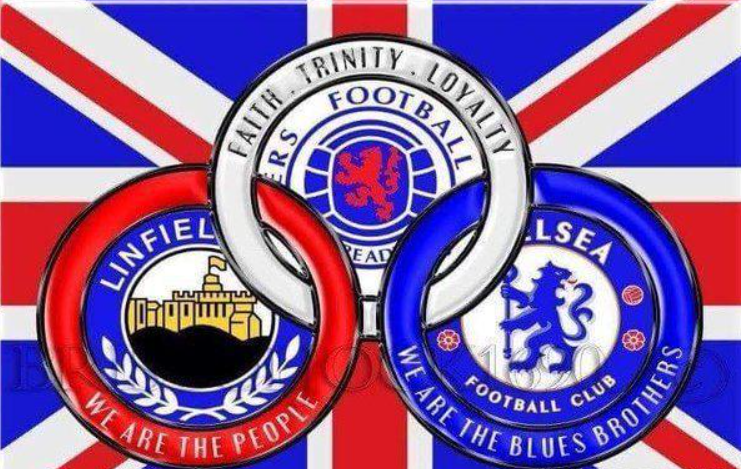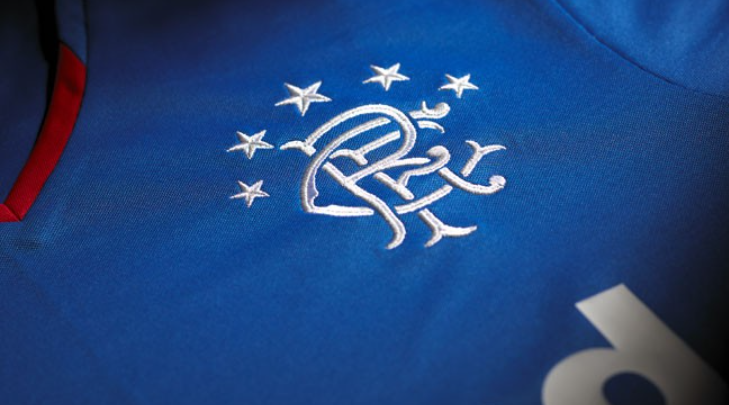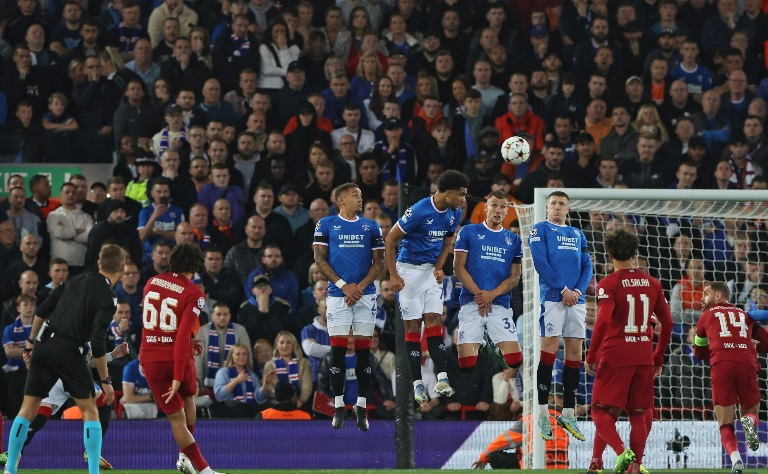The Glasgow Derby is one of the most intense and historic football rivalries in the world. It pits two of Scotland’s biggest and most successful clubs, Rangers FC and Celtic FC, against each other in a fierce battle for supremacy. The rivalry between Rangers and Celtic is driven by a complex web of historical, cultural, and social factors that make it one of the most unique and passionate sporting rivalries in the world.
The History
Rangers FC and Celtic FC were both founded in Glasgow in the late 19th century, with Rangers established in 1872 and Celtic in 1888. The clubs were founded at a time when Glasgow was a bustling industrial city, and many people migrated to the city in search of work. The city’s population grew rapidly, and with it came tensions between different communities.

Rangers FC was traditionally associated with the Protestant community in Scotland, while Celtic FC was associated with the Catholic community. The rivalry between the two clubs was fueled by sectarian tensions and divisions that existed in Glasgow and Scotland as a whole. This led to instances of violence and sectarianism both on and off the pitch.
However, the rivalry between Rangers and Celtic also had positive aspects. The two clubs’ success on the pitch helped to elevate Scottish football and raise its profile internationally. The intense competition between the clubs also created some of the most memorable and dramatic moments in football history.
The Rivalry
The rivalry between Rangers and Celtic is characterized by its intensity and passion. The Glasgow Derby is not just a football match, it’s an event that transcends sport and encompasses culture, identity, and history.
The rivalry between the two clubs is fueled by a number of factors, including their shared history and tradition, their successes and failures on the pitch, and the social and political tensions that exist in Glasgow and Scotland. The rivalry is also fueled by the passion and loyalty of the clubs’ supporters, who are known for their fervor and dedication to their respective clubs.
The matches between Rangers and Celtic are known for their drama, tension, and excitement. They are often high-scoring affairs, with both teams playing with great intensity and determination. The matches are also known for their physicality, with tackles flying in and tempers often boiling over.
The rivalry between Rangers and Celtic is not just confined to the football pitch. It extends to every aspect of life in Glasgow, including politics, culture, and religion. The rivalry is deeply embedded in the city’s history and identity, and it has helped to shape the character and personality of the city.

The Significance
The Glasgow Derby is significant not just for Rangers and Celtic, but for Scottish football as a whole. The rivalry between the two clubs has helped to elevate Scottish football and raise its profile internationally. The matches between the two clubs are watched by millions of people around the world, and they have helped to create some of the most iconic moments in football history.
The rivalry between Rangers and Celtic is also significant because it reflects the wider social and political tensions that exist in Scotland. The sectarian divide that once fueled the rivalry between the two clubs has diminished in recent years, but it still exists to some extent. The rivalry between Rangers and Celtic is a reminder of the importance of tolerance and respect, and the need to move beyond sectarianism and division.
Conclusion
The Glasgow Derby is one of the most intense and passionate football rivalries in the world. It pits two of Scotland’s biggest and most successful clubs, Rangers FC and Celtic FC, against each other in a battle for supremacy. The rivalry between the two clubs is fueled by a number of factors, including their shared history and tradition, their successes and failures on the pitch, and the social and political tensions that exist in Glasgow and Scotland.













